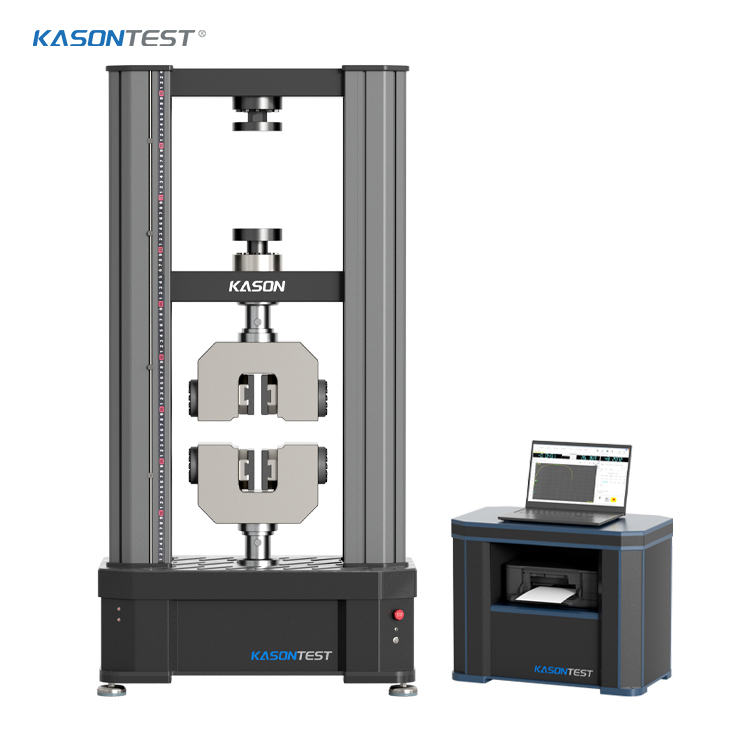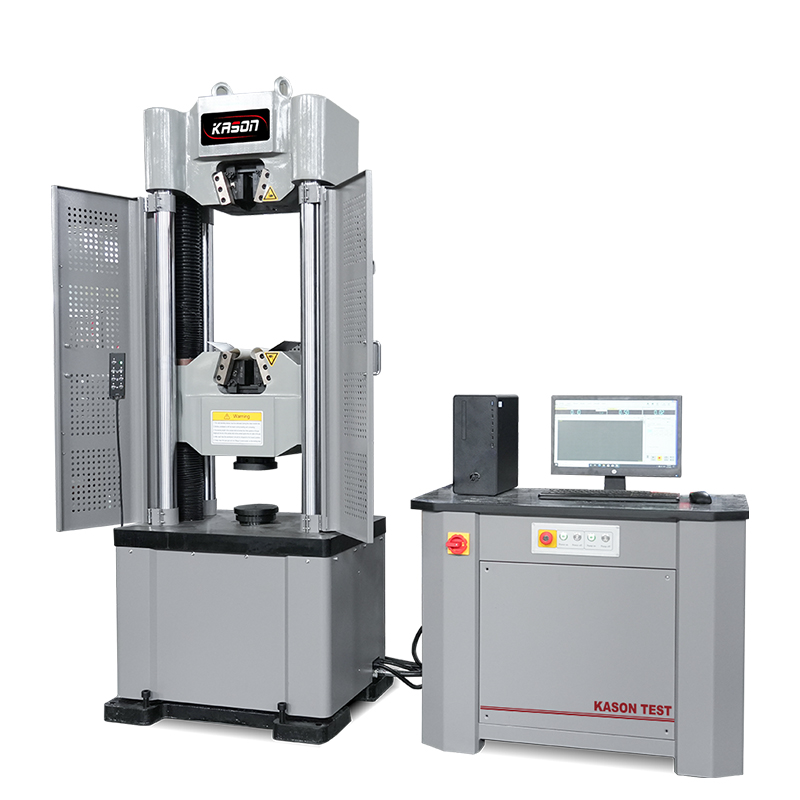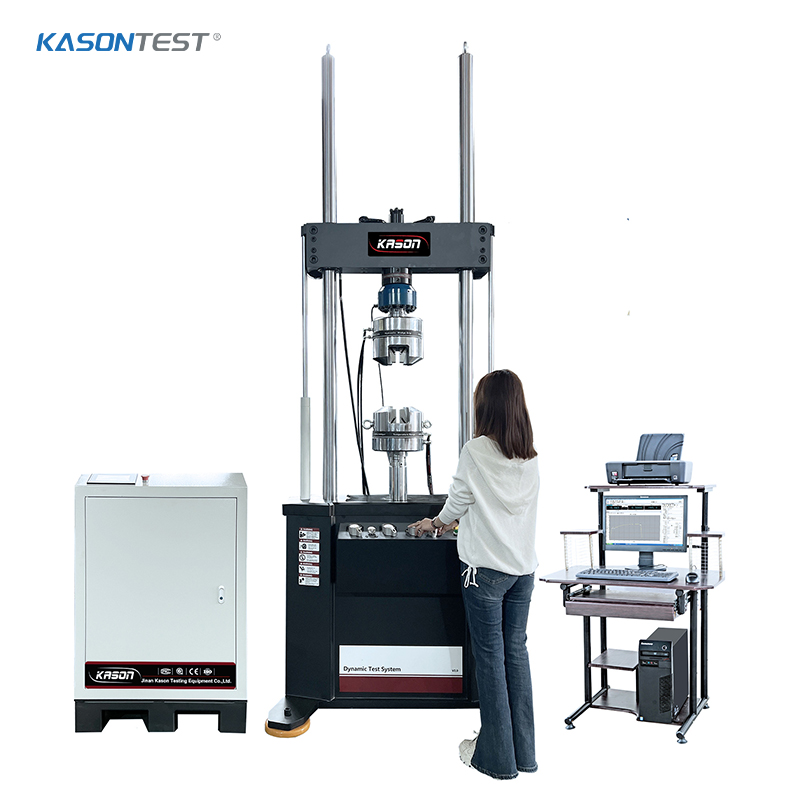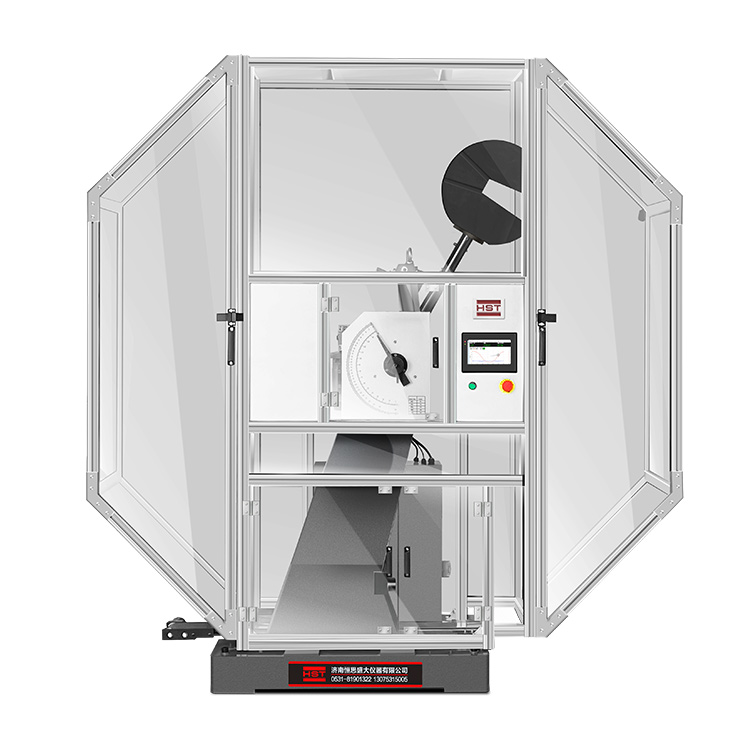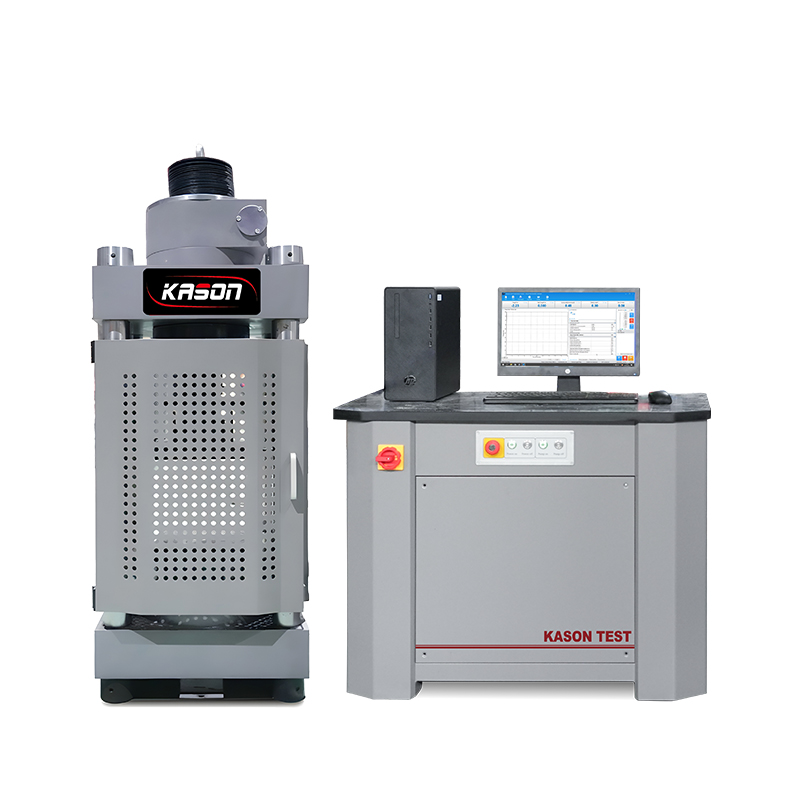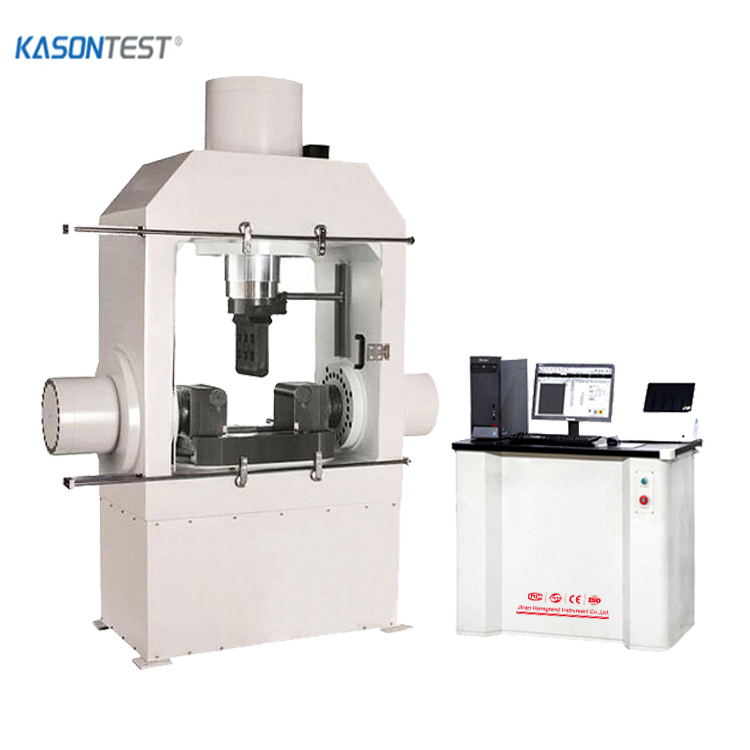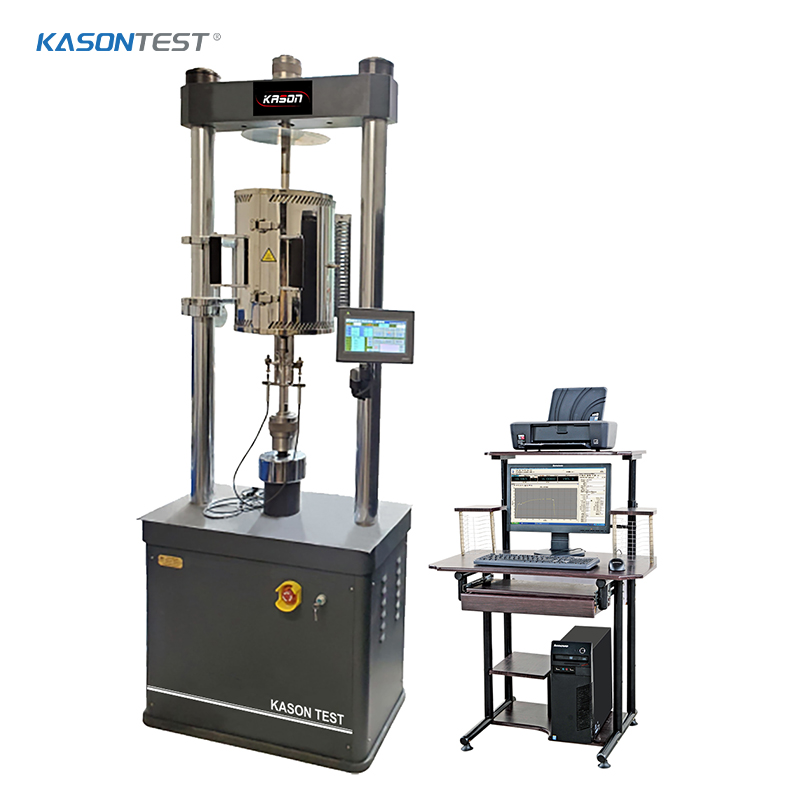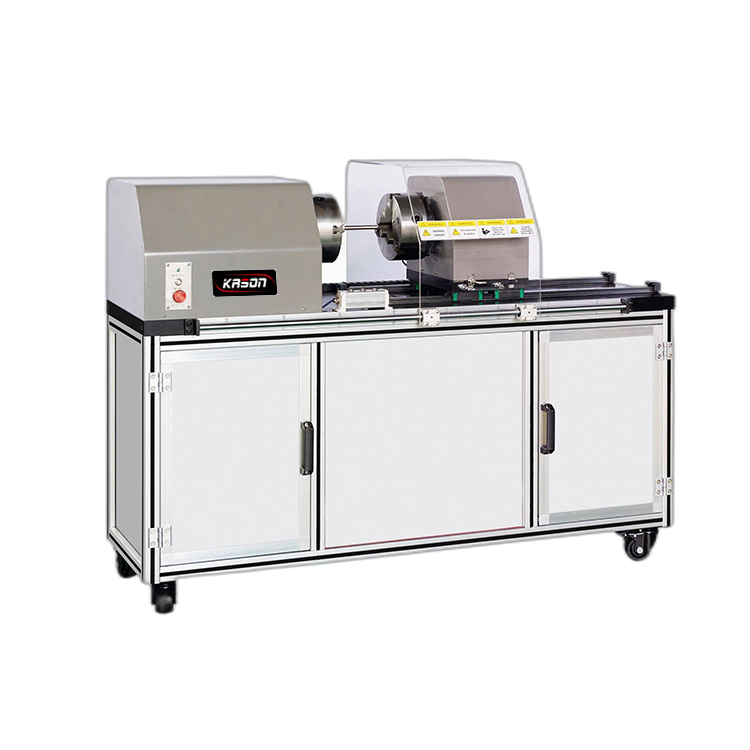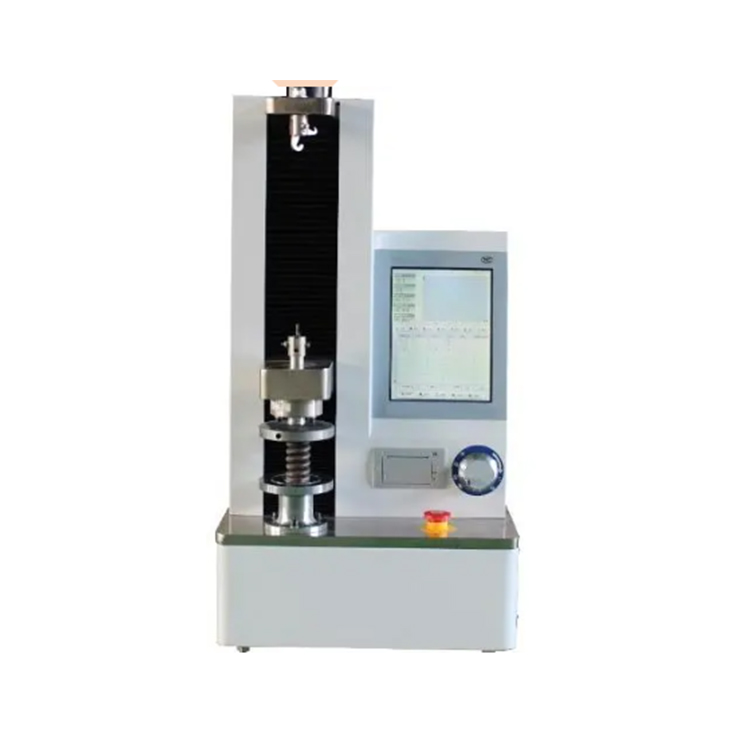Testing Polymer Hydrogels to ASTM F2150
Characterization of Biomaterial Scaffolds Used in Tissue-Engineered Medical ProductsHydrogels are increasingly popular materials used in the medical field, most commonly as delivery vehicles for drugs or as environments for cell culture. As drug delivery vehicles, hydrogels can effectively transport medications within the body to the target location without inducing an immune response. The design of their internal structure typically allows the drug to be released at the correct prescribed rate, ensuring proper absorption and efficacy.
Though there are a few standards that provide extremely basic guidelines for evaluating the physical properties of hydrogels and other biomaterials, no specific test procedures exist for this material. ASTM F2150 evaluates the properties for biomaterial scaffolds, the under-arching structure for engineered tissues. This standard simply references the more common tensile standards like ASTM D412 and ASTM D882 to serve as starting points for evaluating the tensile properties of these materials.
For the most accurate results it is imperative that these materials be tested in-vitro, surrounded by a saline solution at body temperature. Most tensile testing of hydrogels aims to identify the strength and modulus of the material in a comparative study of hydrogel compositions.

